A life without coca and an improvement in the farmers’ living conditions is only possible if a fair price can be achieved in the long term with alternative products such as cocoa. This has become somewhat easier for many farmers thanks to organic and fair trade certification and cooperation with companies such as PRONATEC.
Okt 13, 2014
A large percentage of PRONATEC’s cocoa comes from Peru. Long-standing relationships exist between many different cocoa cooperatives, such as CACVRA (The Agrarian Coffee Cooperative of the Apurimac River Valley) and El Quinacho from the Apurimac valley, or ACOPAGRO from the San Martín region. Coca plants are also still cultivated in both areas. As coca leaves fetch high prices on the illegal market, cultivating other products is not very economically attractive to coca farmers. Coffee, palm hearts and cocoa are just some of the alternatives. Cocoa growing is more appealing to producers again at the moment because its price has risen drastically in the last 12 months.
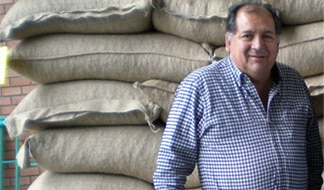
Our local colleague Enrique Eslava was on-site in 2001 when PRONATEC exported the first cocoa container from the Peruvian CACVRA cooperative. He remembers:
« In the nineties, countless illegal coca plantations were destroyed by the United Nations. Combined with alternative offers for the farmers such as cocoa, this was fairly successful. At that time, however, Peru had only exported poor quality cocoa products in small quantities and at very low prices. Back then, less than $700 per ton was paid for whole cocoa beans, which was extremely low compared with the current price of more than $3500 for organic and Fairtrade cocoa. In 2000, I met David Yersin, CEO of PRONATEC for the first time in the Apurimac valley. David became aware of Peruvian cocoa at the BioFach trade fair, when he was addressed by a delegation of United Nations employees. Afterward, he got on a plane and flew to Peru. The journey from Lima to the CACVRA cooperative lasted 20 hours in those days. »
Dank der Unterstützung von PRONATEC konnten sich die Kooperativen Acopagro und CACVRA Fairtrade zertifizieren lassen. CACVRA verschiffte den weltweit ersten Bio- und Fairtrade Container aus Peru. Heute kauft PRONATEC je nach Ernte rund 500 Tonnen biologischen Fairtrade Kakao von CACVRA.
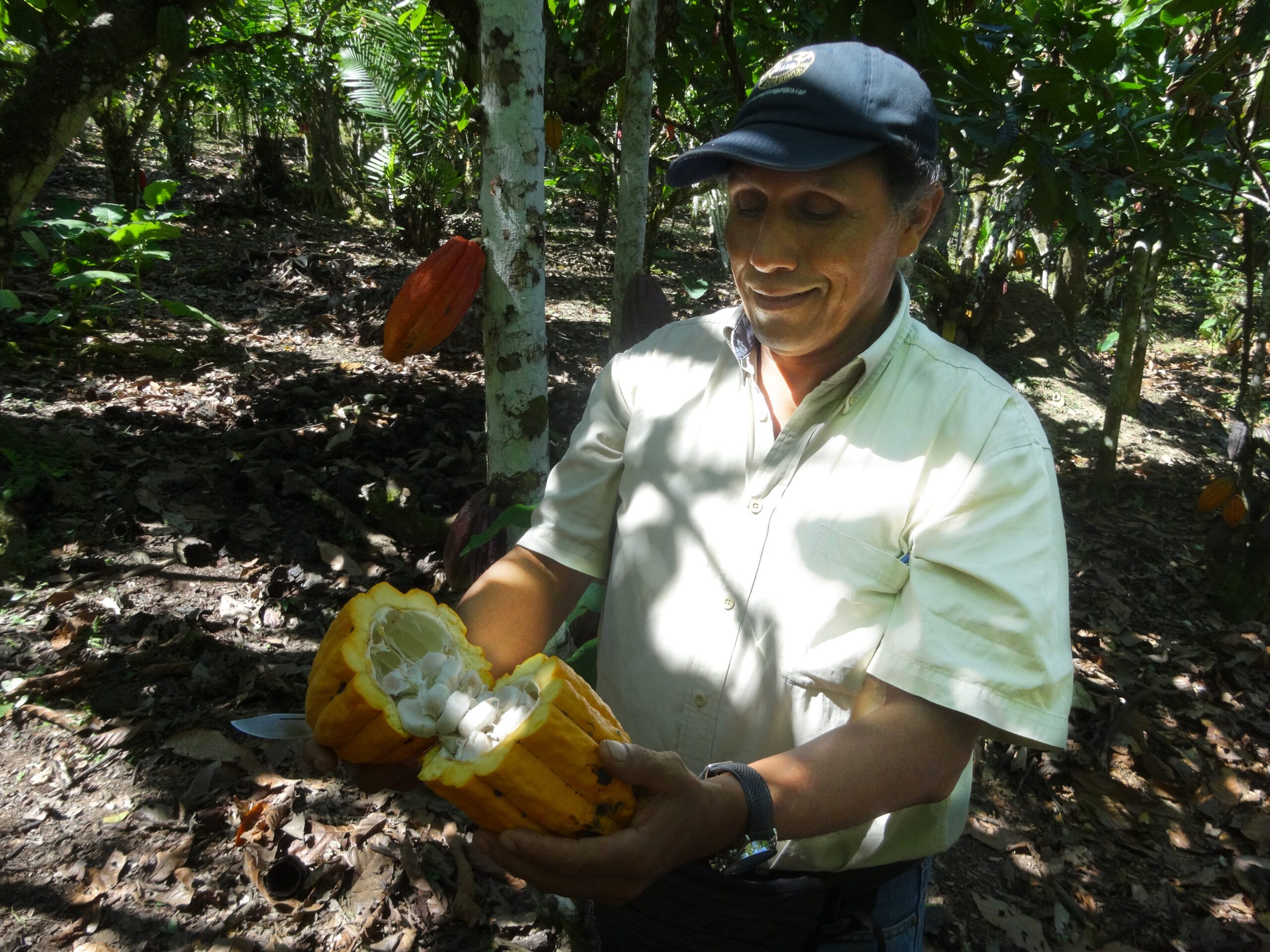
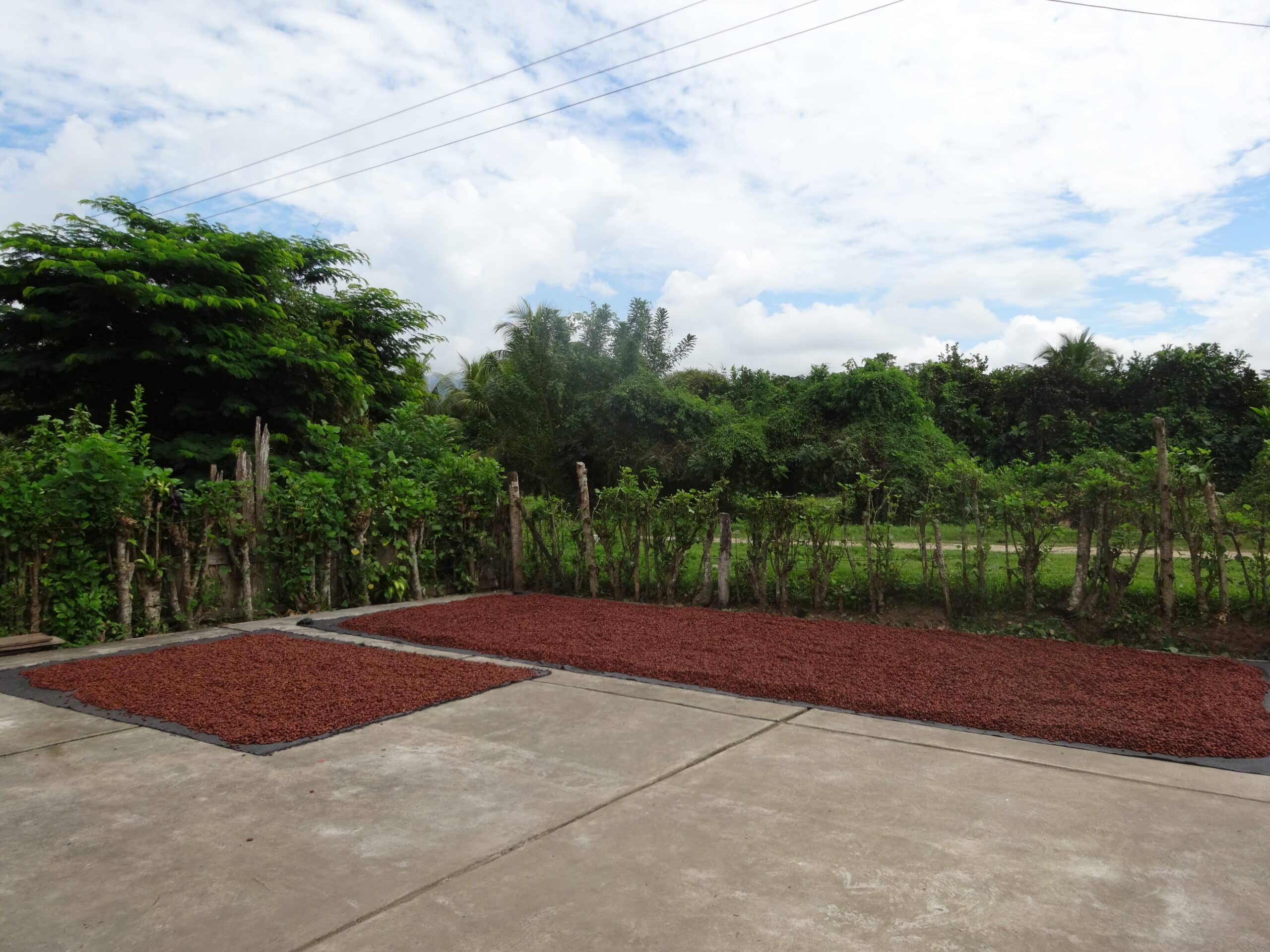
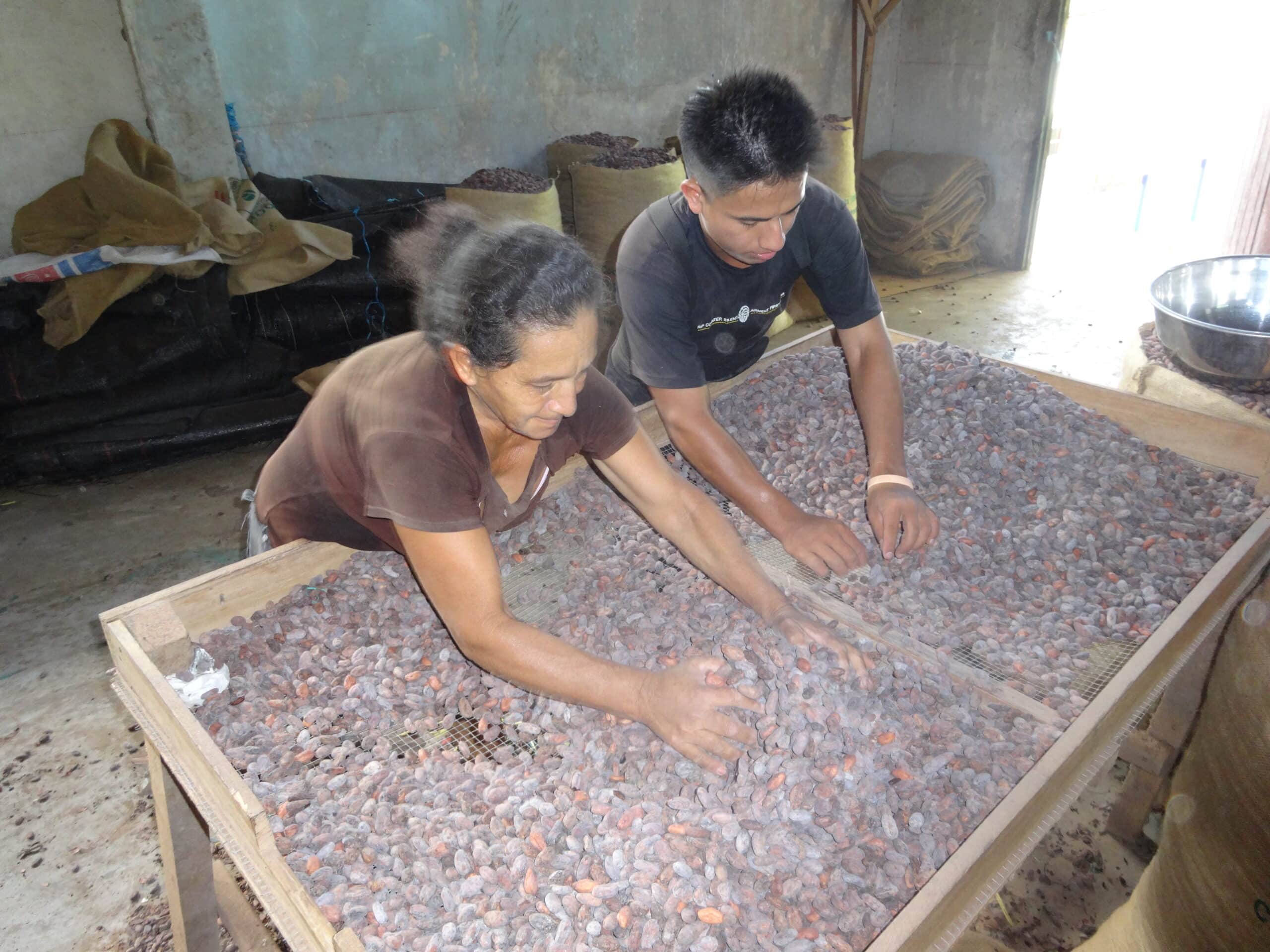
Last year, for the first time in a long time, there were slightly fewer coca-growing areas. Living without coca and sustainably improving the living conditions of the farmers in these regions is only possible if alternative products such as cocoa achieve sufficiently higher prices in the long term. This has become slightly easier for many farmers thanks to organic and Fairtrade certification and collaboration with companies such as PRONATEC.
Farmers such as Carlos Sierra Rivera, his brother Edil and his wife Sadiht Sierra Rivera, members of the CPCacao cooperative:

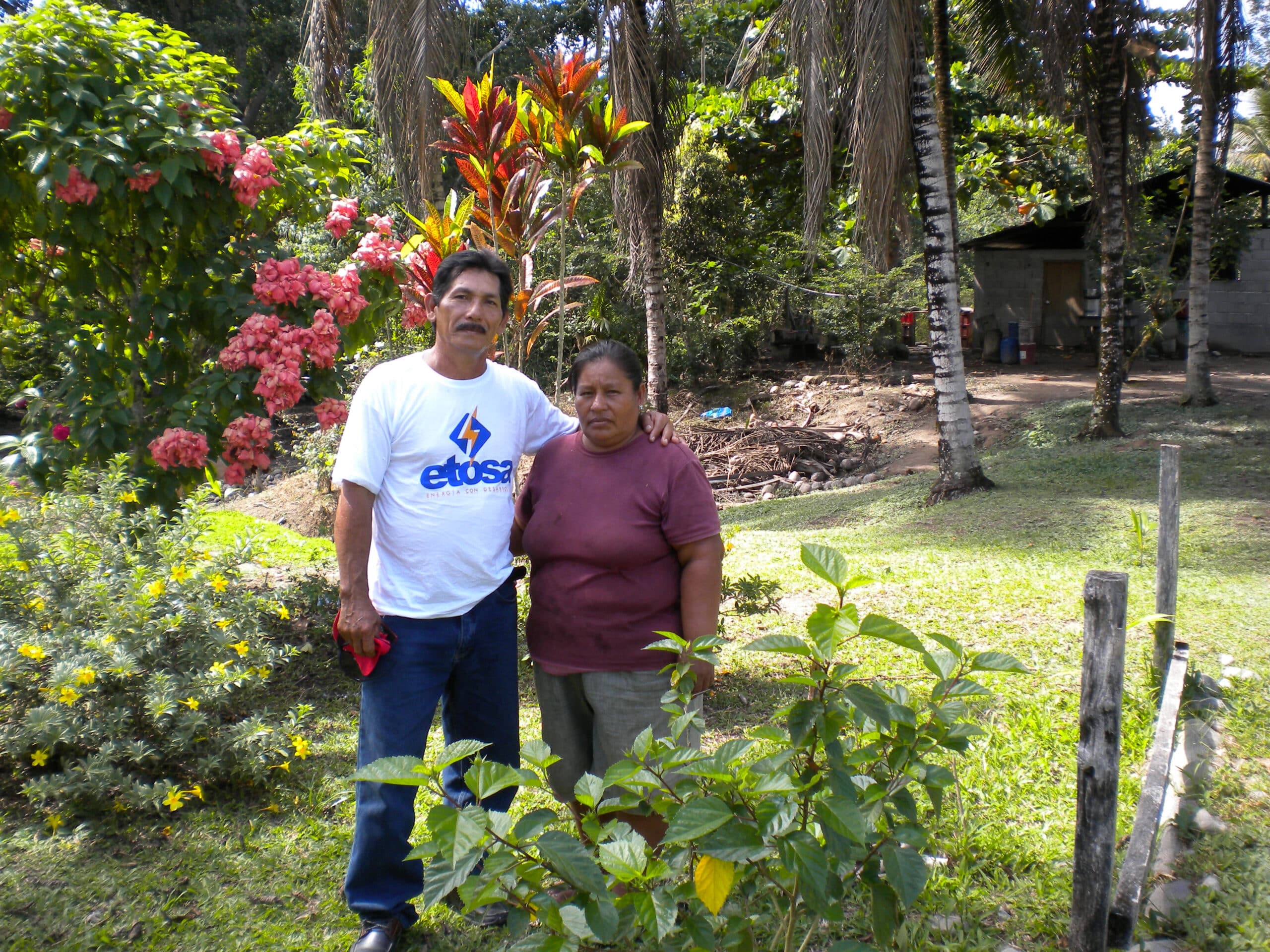
Carlos Sierra Rivera explains: « Today I have a happier life than I have ever had before. My parents came from the rough uplands down to the valley in 1985 and bought some land. They didn’t want us to move to the capital and taught us to work with Paccha Mama (Mother Earth). I now share the same goal: to enable my children to lead a noble life in the countryside. My wife and I work at this all day and often late into the evenings too. »
Edil adds:
« Before, when there was drug trafficking here, the situation was quite different. It wasn’t like that in my parents’ day. At that time, very few people would have been able to live off cocoa cultivation.
My father had an incredibly hard life and died very young as a chauffeur. Thanks to fair trade organic cocoa, we have completely different opportunities today! Our cocoa cultivation enables us to have a good life. We work very hard at it, work the fields well and learn a lot. We put the information given to us in workshops into practice and we can see the results – a yield of 3000 kg/ha – we are very proud of this!
We have already made other plans and want to offer rooms and cocoa plantation tours for tourists as part of ecotourism in the future. Our gardens and the house are already in very good shape. We have already been able to do some work there, because we want others to share in this beautiful landscape, the cocoa growing and the magnificent fauna in the future too. Yes, we are confident about the future – thanks to the fairly traded organic cocoa we are looking forward to it. Because of this, we have a different and much better life than our parents. »


